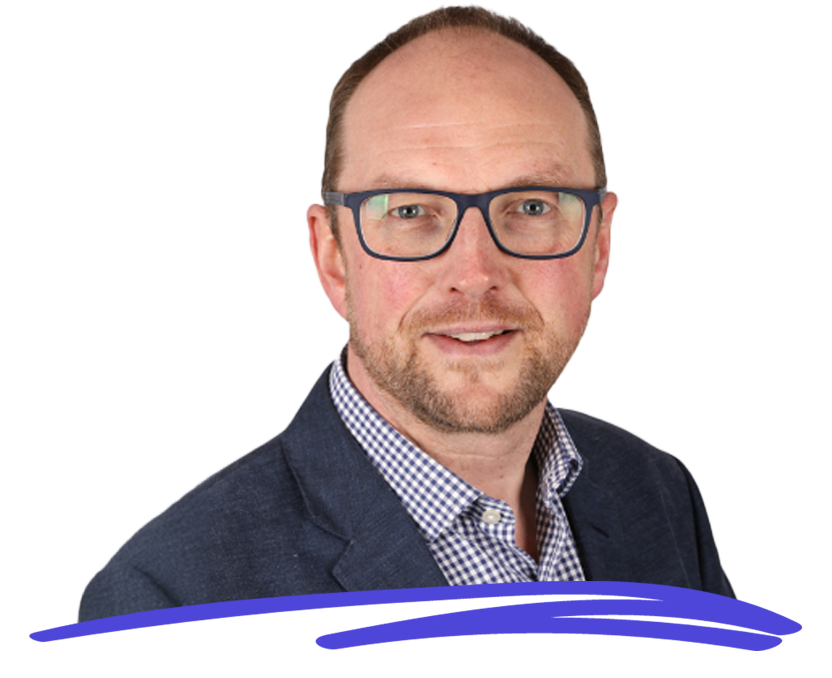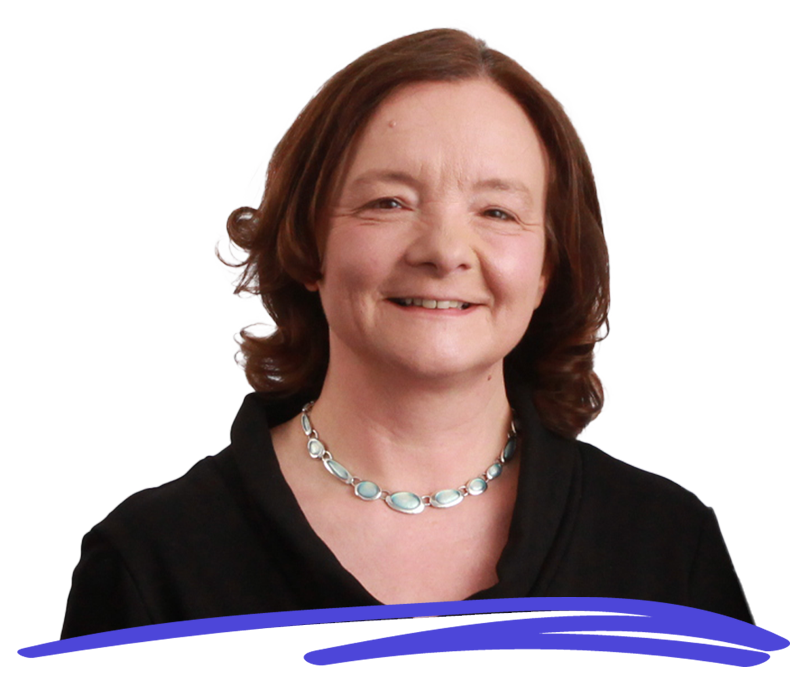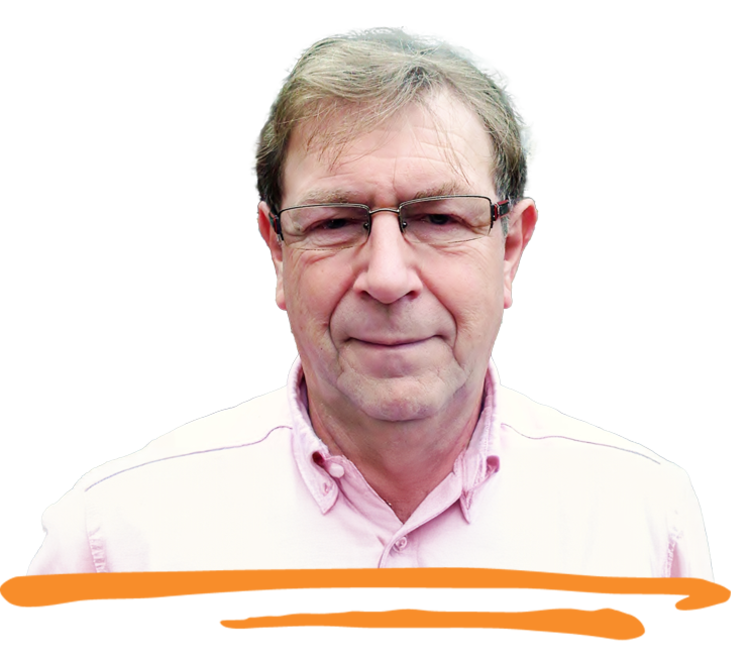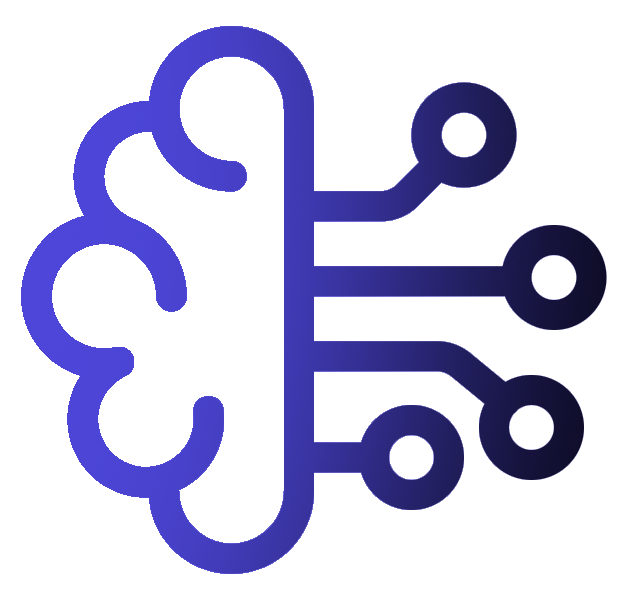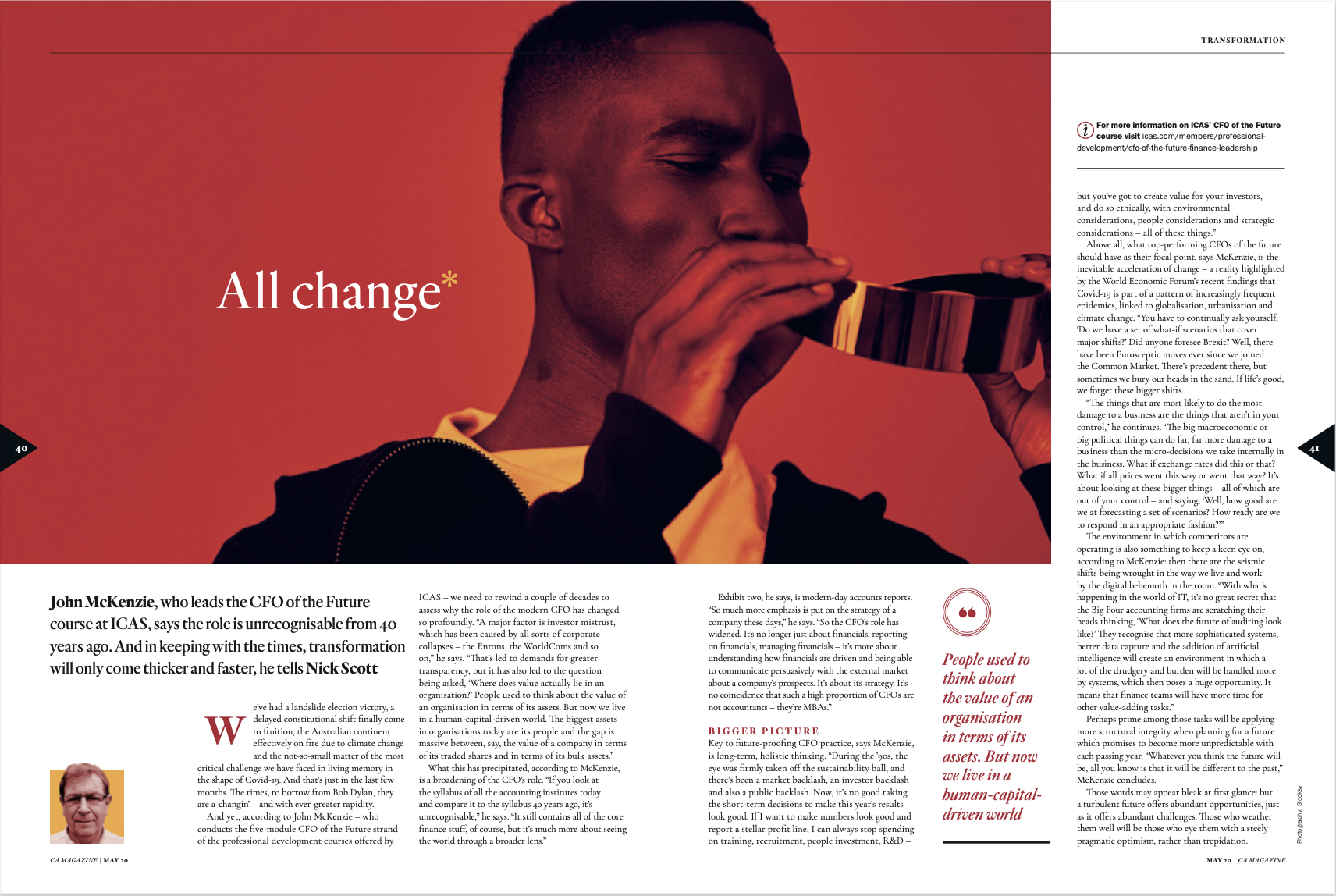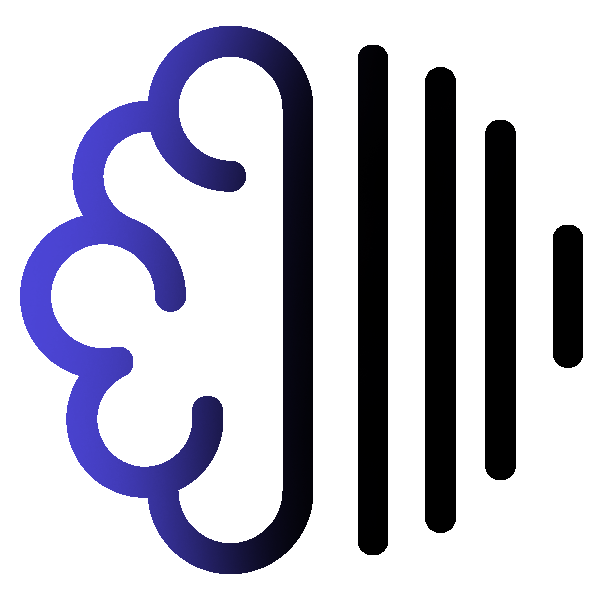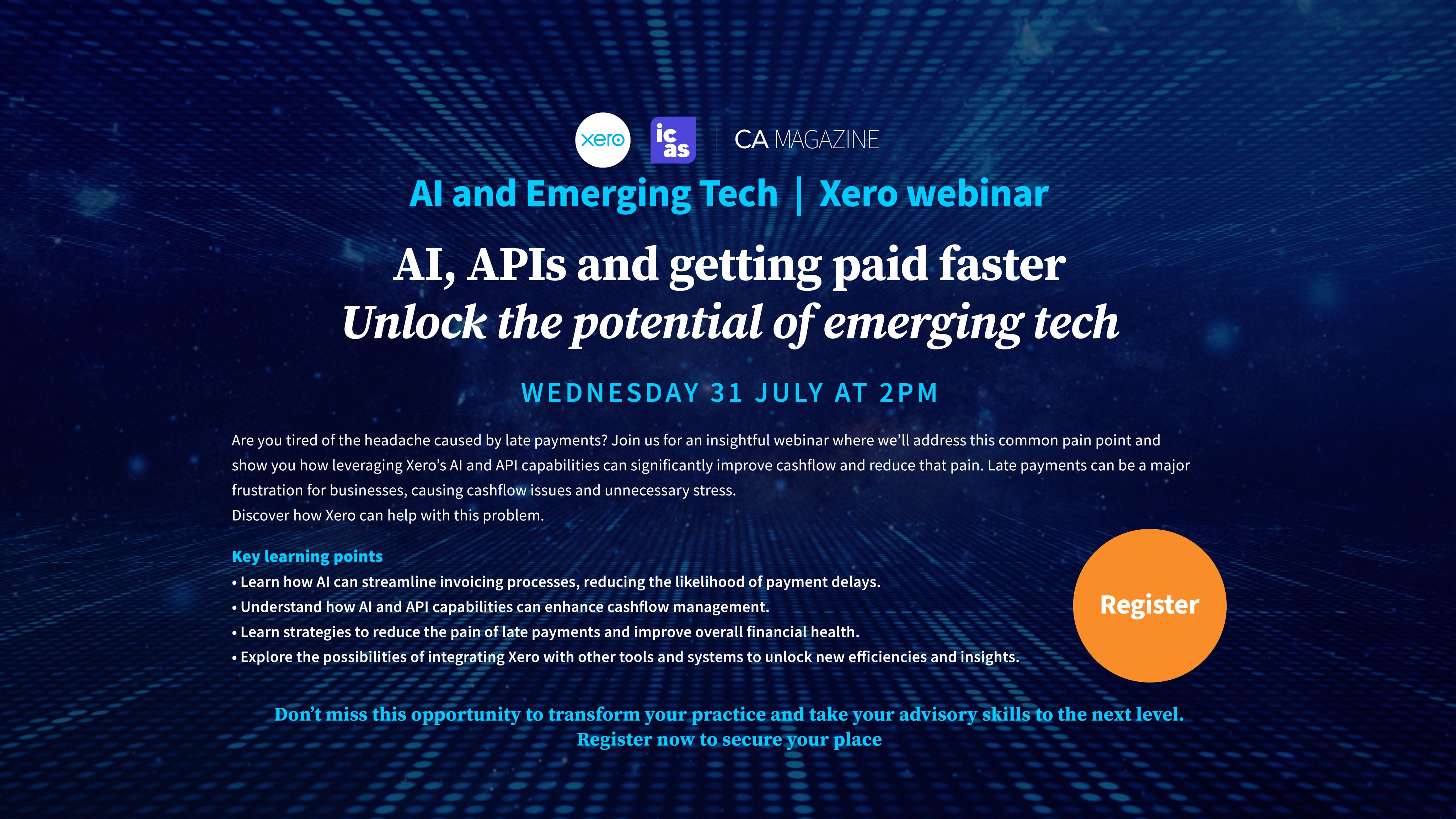From
CA to CFO to CEO

From
CA
to CFO
to CEO

The number of FTSE 100 companies led by former chief financial officers has shot up by more than half in the past half-decade. We find out why it’s happening and whether the transition from leading finance to heading the whole company is a natural step or a huge leap
Words: Ryan Herman
In March of this year, the Financial Times ran a story headlined “Why more CFOs are becoming CEOs”. Among the many enlightening statistics from the piece, it stated that a third of FTSE 100 CEOs had previously served as CFOs, according to data from executive search firm Heidrick & Struggles. That’s up from 21% in just five years.
In bygone times, the CFO might have been casually dismissed as the company “bean counter”. But the role has evolved significantly in recent years, broadening out to cover business-critical responsibilities such as cybersecurity. And that remit will expand further if, as many anticipate, sustainability reporting for businesses and organisations becomes mandatory in the UK.
We speak to the experts to hear how the role has changed, what the future holds and why being CFO is increasingly viewed as a natural stepping stone towards becoming CEO.
What qualities do you need to be a CFO?
Bruce Pritchard CA, CEO (and former CFO), Liminal Biosciences; ICAS Past President: Although one could never claim the CA qualification teaches you to become a CFO, what it did for me is train me to be curious. You start to explore things which are not necessarily core to your role. And that curiosity leads to opportunities opening up. The other aspect is rigour. There’s a very rigorous thought process and a work habit that gets built in by becoming a CA.
Alison Cornwell CA, CFO, Vue International; ICAS President:
Communication for me is number one, number two and number three. You also have to be very curious, to think strategically, to be rigorous and be good at prioritisation. Above all you have to act with integrity.
You need to be able to explain to people what you’re trying to achieve. Don’t just give them tasks. Get people engaged and enthusiastic about what you’re aiming for. And explain what you’re doing and why, because maybe somebody in your team has a great idea as to how that could be achieved more effectively.
Also, we spend so much of our lives at work, so one should aim to make it enjoyable and fulfilling for everybody, too.
When and why did the role expand?
BP: I first became a CFO in 2004. At that point, it was very much at the financial reporting, systems, processes and procedures end of the spectrum, with a little bit of financial planning and analysis.
“The chain of command became deeper because the CFO became more engaged in areas like risk management and cybersecurity”
BRUCE PRITCHARD CA, CEO, LIMINAL BIOSCIENCES
I was working at a Canadian company and things started to expand in the wake of the Sarbanes-Oxley Act that was introduced in 2002 to protect investors. Things like HR and IT got swept up because you became the go-to senior exec for all of the enabling functions within the business.
The chain of command became deeper because the CFO became more engaged in areas like risk management and cybersecurity, which was becoming a greater priority around that time. So there were all these external influences, from the capital markets in particular.
But also, from a personal perspective, my role expanded partly as a consequence of the skills that I brought to the table, and those skills being seen as useful.
How has the role changed?
AC: The scope of my role is enormous and touches every aspect of the business, which makes it a very exciting position to be in. There’s a momentum for speed and efficiency and an ever-increasing focus on strategy and value creation.
The area where I’ve seen the biggest change is sustainability, and not only in terms of what companies are obliged to report. The really big change has been the CFO taking on a leading role – being the person who drives that agenda for the good of the value of the business, its customers and employees, and the wave of new reporting that the business is going through.
Then there’s technology. To give an example, we’ve been using an AI scheduling (AIS) tool for around six years which we developed and is unique to our business. We take all the films available to us and AIS determines the optimal schedule for every screen, at every time of day in every cinema. So if it’s Sheffield on a Tuesday afternoon, what should we be screening in screen five, relative to what is on the other screens, in order to maximise profitability? It does all that automatically from a wealth of data. It’s an incredible tool to have and provides Vue with a unique advantage. I love being a CFO.
As a CFO, how does the relationship with the CEO work?
AC: I have always really enjoyed the partnership between the CEO and CFO. I have worked as a CFO with a CEO in four businesses and each relationship has had similarities in terms of my core responsibilities being down to me to fulfil, where building trust early on in terms of rigour and no surprises is key. Each of the relationships has also differed depending on the areas that the CEO wants to handle personally and where they value the support that I can deliver.
Could I be a CEO? Without sounding immodest, yes. I think being CFO means you have that commercial, numerical and business acumen that is the perfect stepping stone to becoming a CEO. What we do is so wide ranging and it’s the one role that touches almost all areas of the business. But personally I love being a CFO.
What are the key attributes for making the step up to CEO?
BP: Not every CFO is cut out to be a CEO. I think what being CFO does is give you this insight into all the workings of the business. As the Americans say, we have that full “under the hood” access to look at the inner workings of the motor.
“Being CFO means you have that commercial, numerical and business acumen that is the perfect stepping stone to becoming a CEO”
ALISON CORNWELL CA, CFO, VUE INTERNATIONAL
You need to be prepared to be mentored, to take advice and to expose yourself to multiple other businesses, so you can see how things are done elsewhere.
To help make that step up, I deliberately took on other non-exec roles and chaired audit committees. It gives you that broader perspective about organisational management.
Sometimes you have to be prepared to make the tough calls with members of your team who were your colleagues. It’s about keeping enough of a distance but also making it collegiate, so there is that sense of one team, one goal, one purpose.
Good CEOs have all the good stuff that a CFO can bring to the table – maybe not the finance skills, but that rigour of thought and process. You can get the IQ part if you like, but you need a healthy dollop of EQ [emotional intelligence] as CEO.
A lot of what a company wants in its CEO today is driven by the major investors in the business. Do they just want the safe pair of hands for the day-to-day work? Or do they want someone who’s going to bring a different set of perspectives and change direction? When you take all those things into consideration, it’s not a slam dunk that you’ll be the right person just because you’re a good CFO, but you’ll have a firm first foot on the ladder.
Then and now
Four years ago, CA magazine spoke to John McKenzie, who leads ICAS’ Future of the CFO course, about the evolution of the role in the fast-changing business landscape. Together, we look back at his predictions to see where they’ve proved accurate – and to find out what he sees as the key priorities for CFOs to succeed both in the short and medium term.

AI
“In that previous article, I said the Big Four will be scratching their heads figuring out what to do about all their audit resources because AI will be able to do so much of that work. This is even more true now than it was back in 2020.
CA magazine’s 2020 feature with John McKenzie
CA magazine’s 2020 feature with John McKenzie
“AI is reaching that stage now where we're going to see a tremendous amount of the background accounting work, the backbreaking stuff, simply disappear as systems get smarter. As a CFO, the question will be how can you reconfigure the finance function within a business to find other ways to add value?”
Recruitment
“CFOs need to ask: ‘What are the most important qualities I am looking for in anyone joining my team? Do I want excellent accountants or do I want broad-minded business people who can become FDs and CFOs?’
“We’re already seeing more people in senior finance roles who have MBAs or qualifications and skills that go beyond accounting. But I think the CFO, as a matter of policy, should invest in the recruitment process using options such as psychometric testing as well as team-assessment tools to see how good people are when working in groups.
“You see that sorting of testing happening across many businesses in all sorts of functions. But I don’t see it much within the finance function.”
Resilience
“We live in a time of instability, and any CFO should be seeking to create greater business resilience. Four years ago we were a few months into Covid. The worry is that we now seem to be having majorly disruptive global events almost every year.
“Were all these things forecastable? You couldn’t have predicted Covid happening when it did, but you could have forecast a pandemic. History tells us that nature is trying to kill us.
“People may be breathing a sigh of relief and saying inflation has come down to 2%, but it’s easy to forget that the damage has already been done for many businesses.
“For the CFO it’s about having a plan. Ask yourself: ‘How do I cope with the next shock when I already don’t have the reserves or the resilience I used to have?’”
Agility
“CFOs have to be far more nimble both now and in the future. What I mean by that is, don’t get locked into things that you can’t change quickly. Every business needs a strategy and clarity is critical. But what you need to look at when developing a strategy, and what the CFO needs to be particularly mindful of, is being able to change course if circumstances dictate.
“Those are the things that ought to be keeping the CFO awake at night. And for anyone who says I’m doom-mongering, all I will say is, just look at the last two years. Wars in the Ukraine and the Middle East, the Suez Canal getting blocked, the ongoing conflict in the Red Sea…
“Supply chains were affected or simply cut off. On top of that, we have a cost-of-living crisis, a surge in inflation, interest rates going up and utility bills going through the roof, all of which have killed so many small businesses. Even large corporations are struggling, and their profitability has been significantly impacted.”
Pest analysis
“Pest (short for political, economic, social and technological) is the big things that can hurt you, things that are external to your business. It’s amplifying what I said in the original article. It’s all about being prepared, because if you compare where we were in May 2020 and where we are now in summer 2024 you see more instability and uncertainty.
“I talked about how investors will demand more and more transparency because of corporate collapses. That remains important. But you could add the transparency of your sustainability credentials to that. Sustainability doesn’t just cover the environment – it’s about your ethical policies, for example, that you’re not going to use people from ultra-low-wage economies, or where you source your raw materials or finished goods.”
Risk management
“There’s a need to shift from management information to management intelligence. The finance and accounting function is never going to stop doing all the traditional accounting, it’s just going to get easier.
“So how does the CFO find a different way to get the best out of all the smart people they have at their disposal? Again, it’s about building resilience, but also focusing on creating additional competitive advantage through smart performance measurement and management.
“A business needs a CFO with the leadership capabilities to recruit and build, set the right policies, set the vision for finance, to say ‘This is finance for 2030’ – because that isn’t so far away. And to make sure that not only is the business still here in 2030, but it’s actually on top of the pile.”
Find out more about the five-part Future of the CFO course




